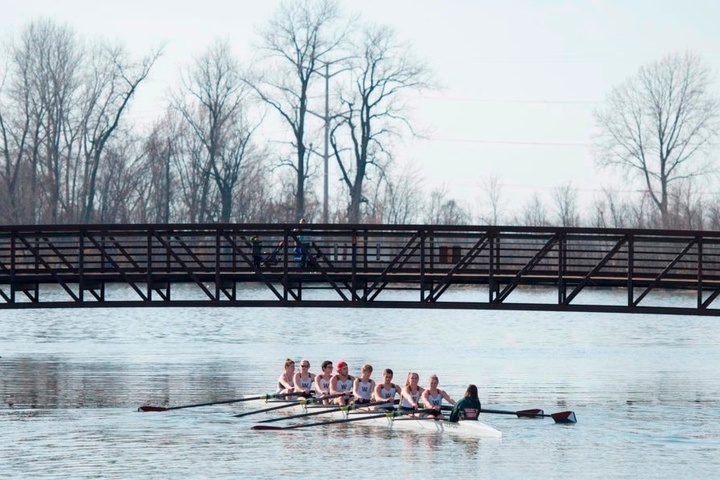Sensory and Ambient Interfaces Lab
Envisioning a more digitally enhanced, yet less digitally imposed future.
The Sensory and Ambient Interfaces Lab (SAIL) in the Sam Fox School is a research lab led by Associate Professor Jonathan Hanahan that gathers designers, engineers, and researchers from across Washington University in St. Louis to explore data interaction, integration, and feedback methods.
As digital integration continues to expand, the reliance on more screens leads to distraction, inefficiency, and overload. SAIL designs and develops non-visual interfaces, prioritizing alternative senses and active sensory strategies to create a more digitally enhanced, yet less digitally imposed, future.

Priorities
Compromised Technology Experiences
Our research prioritizes experiences where a screen is either dangerous, distracting, or not available — such as athletic, medical, military, industrial, and safety scenarios.
Application/Experience Lead (How over What)
The lab designs the details of experiences. We focus on applications and micro-interactions —frequencies, patterns, methods — in wearables. We start with familiar devices and build custom applications for acute experiences.
Active Sensory Strategies
Inspired by multisensory, immersive applications in game design, SAIL designs continuous modulated feedback strategies. Research shows vision is quite poor at detecting small changes in complex patterns, which is why increasingly complex interfaces lead to data overload and misinformation. We invert traditional strategies to prioritize sound and touch as methods to relay information in unimposing ways. These active strategies strive to reduce cognitive load and create subconscious decision making.
Research Team
SAIL is design-led and collaborates with experts across WashU.
- Jonathan Hanahan, Human-Computer Interaction and Creative Technology (project lead)
- Shantanu Chakrabartty, Electical & Systems Engineering
- Alvitta Ottley, Computer Science & Engineering
- Chuan Wang, Electical & Systems Engineering
Projects
Haptic Interfaces for Real-Time Athletic Performance
A yearlong pilot project involving transmitting performance data during athletic training. Partnering with the WashU Rowing Club, the team will research how active haptic feedback might transmit performance data without screens or visual overlays.
Funders
The Sensory and Ambient Interfaces Lab is supported by a Creative Activity and Research grant from the Sam Fox School, the Immersive Technology Collective cluster of the Arts & Sciences Incubator for Transdisciplinary Futures, and from the Here and Next Washington University Strategic Plan.

